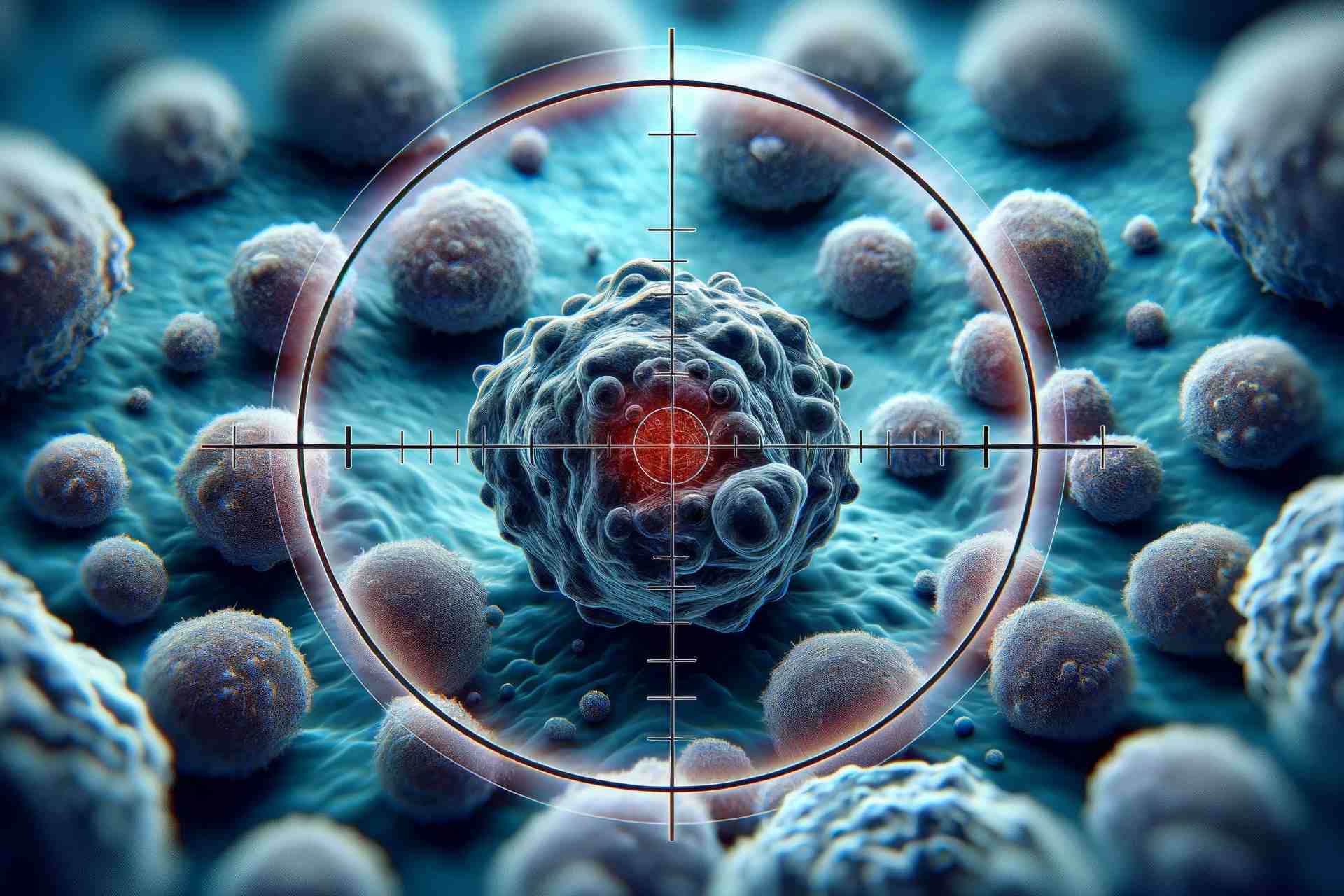What is already known
Gut microbes can sway the way people respond to immune checkpoint inhibitors — a type of cancer therapy that stimulates the immune system to attack and kill cancer cells. Fecal microbiota transplants have been shown to improve a person’s response to immune checkpoint inhibitors, with Lactobacillus rhamnosus, Bifidobacterium breve and Fusobacterium nucleatum improving the efficacy of immunotherapy. However, the molecular mechanisms underlying these beneficial effects remain poorly understood.
What this research adds
Working in mice, researchers have found that the abundance of the commensal microbe Lactobacillus johnsonii is linked to an increased response to immune checkpoint inhibitors. Further experiments revealed that L. johnsonii works in concert with another microbe called Clostridium sporogenes to produce the metabolite indole-3-propionic acid (IPA). IPA stimulates the activity and proliferation of cancer-killing immune cells. IPA also appeared to improve response to immune checkpoint inhibitors in several types of cancer, including melanoma, breast cancer and colorectal cancer.
Conclusions
The findings suggest that L. johnsonii or its metabolite IPA could be used as a microbial-based approach to improve a person’s response to immunotherapy.
Gut microbes can sway the way people respond to immune checkpoint inhibitors — a type of cancer therapy that stimulates the immune system to attack and kill cancer cells. Now, a study in mice shows that the abundance of the commensal microbe Lactobacillus johnsonii is linked to an increased response to immune checkpoint inhibitors.
The findings, published in Cell, suggest that L. johnsonii or one of its metabolites could be used as a microbial-based approach to improve a person’s response to immunotherapy.
Fecal microbiota transplants have been shown to improve a person’s response to immune checkpoint inhibitors, with Lactobacillus rhamnosus, Bifidobacterium breve and
Fusobacterium nucleatum improving the efficacy of immunotherapy. However, the molecular mechanisms underlying these beneficial effects remain mysterious.
So, researchers led by Dingjiacheng Jia at Zhejiang University in Hangzhou, China, analyzed how mice with cancer respond to immunotherapy and whether the response is linked to the presence of specific gut microbes or microbial metabolites.
Antitumor effect
Mice that responded poorly to therapy with immune checkpoint inhibitors showed a decrease in the abundance of Lactobacillus bacteria, in particular L. johnsonii. The lower abundance of L. johnsonii in non-responder mice was associated with increased tumor growth. The levels of L. johnsonii tend to be low also in tissues from people with colorectal cancer, the researchers found.
Giving L. johnsonii to mice with colorectal cancer improved their response to immunotherapy by increasing the frequency of CD8+ T cells, a type of immune cells that kill cancer cells.
L. johnsonii appeared to exert the antitumor effect through its metabolites, the team found. Indeed, the researchers found that a molecule called indole-3-propionic acid (IPA) showed the most pronounced increase in the blood of responder mice. IPA is produced by the gut microbiota and has been shown to protect against radiation toxicity.
Immune effect
Further experiments revealed that L. johnsonii works in concert with another microbe called Clostridium sporogenes to produce IPA. In mice, IPA stimulated the activity and proliferation of CD8+ T cells, the researchers found. The microbial metabolite improved responses to immune checkpoint inhibitors not only in mice with colorectal cancer, but also in animals with other types of cancer, such as melanoma and breast cancer.
To investigate whether IPA could also act on human CD8+ T cells, the team derived 3D tissue models from cancer patients and treated them with IPA. The treatment resulted in an increased tissue infiltration of CD8+ T cells and an elevated expression of their effector proteins.
“These results demonstrate that modulating the stemness program of CD8+ T cells through microbiota-derived IPA may be a promising approach to reinforce the effectiveness of tumor [immune checkpoint inhibitor] therapy in clinical settings,” the authors say.











